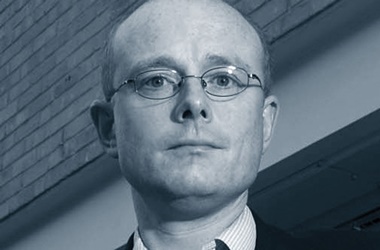William Hogarth’s ‘Gin Lane’ is a shocking painting to most 21st Century eyes. Depicted at the centre of the scene is a neglectful mother, so inebriated on gin she fails to notice her child is tumbling backwards down the steps she is slumped on.
It could never happen nowadays we tell ourselves, and yes, it’s true, we are unlikely to return to the widespread all-day gin drinking culture which ravaged 18th Century London.
We do, however, have our own version of Hogarth’s drunken mother. But it’s not alcohol that’s causing harm to her child – but the far more insidious chemical glucose.
Refined sugar is to the 21st century what cheap spirits were to the 18th and 19th centuries. In many ways, it’s much worse, because although alcohol isn’t a necessity for all, food is.
One of the consequences of Covid will be an increase in child obesity
Refined sugar is in pretty much everything. Next time you go shopping, check the ingredients on your purchases and see how few of them are free from added sugar.
Recent studies and reports have highlighted the fact that one of the consequences of Covid will be an increase in child obesity.
With no proper structure to the day, flexible meal times and large amounts of time spent on a screen comfort eating junk food, there’s only one way the waistline of many children is heading.
I’m often challenged about what I mean by ‘junk food’. I always find this quite an amusing question and the fact it’s posed at all shows how far we have to go before we can significantly tackle the widespread feeding of highly processed sugar and fat laden food to the most vulnerable in society. It’s interesting that I’m rarely asked to define what I mean by binge drinking.
In a couple of hundred years from now, will the equivalent painting to ‘Gin Lane’ be of an overweight child slumped on a sofa watching TV while shovelling crisps in their mouth?
Dr David Turner is a GP in North West London
Pulse October survey
Take our July 2025 survey to potentially win £1.000 worth of tokens













